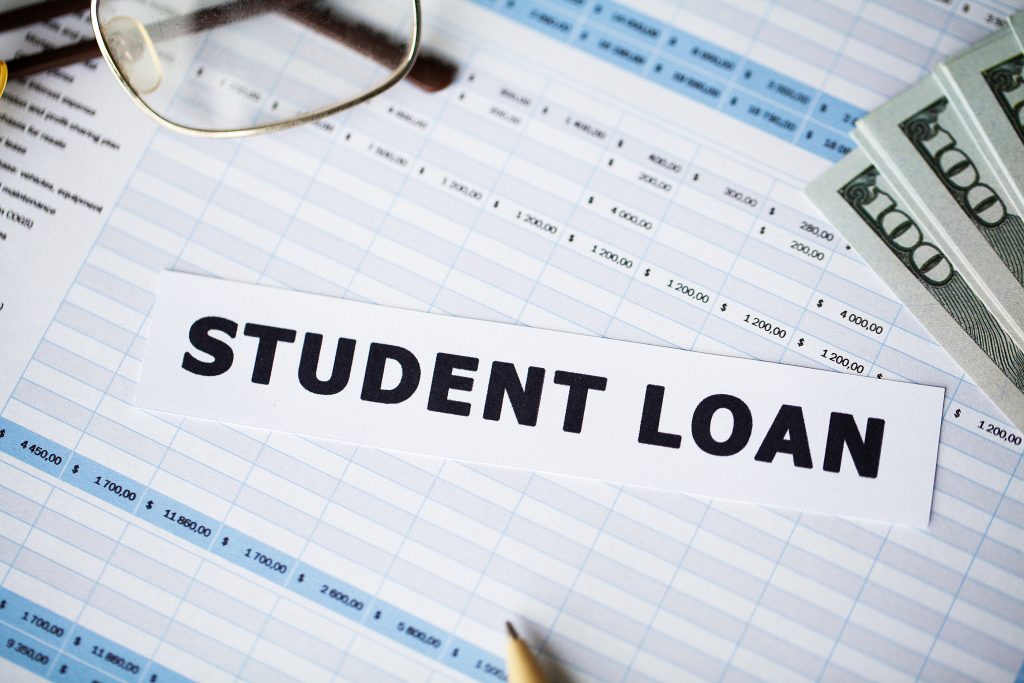
We have blogged extensively about income-driven repayment plans (IDR) plans for eligible federal student loan borrowers. The Department of Education offers four income-driven repayment plans to eligible borrowers; Income-Based Repayment (IBR), Income-Contingent Repayment (ICR), Pay As You Earn (PAYE) and Revised Pay As You Earn (REPAYE). Each plan has different requirements and repayment structures. However, there is a universal rule for all four plans – you must recertify your income each year.
Some people forget to recertify, and the consequences are horrific. Income-driven plans limit your monthly payments to a percentage of your discretionary income. For instance, let’s say that you earn $37,000 a year, are enrolled in the IBR plan, and pay $117 each month on a $75,000 student loan balance. If you failed to recertify by the due date, then your payments could revert to what they were under the standard 10-year repayment plan. This means you could unexpectedly owe several hundred dollars more after your plan reverts.
Obviously, this mistake is especially gruesome if you use automatic payments and suffer overdraft fees. Your financial situation could take a quick turn south with almost no warning. Unfortunately, you will continue to owe payments under a 10-year-plan until you enroll in an IDR plan.
Recertifying Income-Driven Repayment
It is easy to recertify your income-driven repayment plan by the due date. You should receive a notice from your student loan servicer several months in advance. If you are not sure when the due date to recertify is, then it is advisable to contact your loan servicer. Many borrowers recertify during the first few months of the year during tax season. This can also make the process easier because the Department of Education allows you to recertify online with your most recent tax information.
Your first step should be to gather the income information you will need to recertify. You can then log into the Department of Education’s website using your login information. Once you log in, there should be an option to recertify your plan or enroll in a new one. The Department of Education’s site connects to the IRS’ taxpayer database, so you should be able to upload your most recent tax information without difficulty. However, it can take a few weeks for this information to become available after filing your taxes. You should file taxes early in the year to ensure that your tax information is available when it comes time to recertify.
You can also use the Department of Education’s site to enroll in a new IDR plan. It is important to speak with a qualified student loan professional before making any major changes with your repayment strategy.
Not everyone can recertify, even if they have federal student loans. If your loans are currently in default, then you would need to bring them back into good standing. We discussed how to get your federal student loans out of default on previous blogs.
What If I Forget to Recertify My IDR Plan?
You should contact your loan servicer right away if you fail to recertify by the due date. Depending on the situation, your servicer may work with you to lower your payments. Failing to recertify does not mean that you can never enroll in an IDR plan again. You would simply need to go through the regular enrollment process.
Keep in mind, if you are making payments under the Public Service Loan Forgiveness (PSLF) program, then your loans MUST be enrolled in a qualifying IDR plan. Payments will not count towards loan forgiveness for as long as your loans are not enrolled. If you are making payments for PSLF, it is important to resolve this issue right away.
Questions About Student Loans? Call Our Kansas City Student Loan Lawyers
The Sader Law Firm can help borrowers who are struggling with private or federal higher education debt. We encourage you to contact our Kansas City student loan lawyers if you have questions about higher education debt relief. You can call us at (816) 561 1818 or use the online case review form on our website to schedule a consultation with us.
 Book an
Book an Email
Email Directions
Directions







